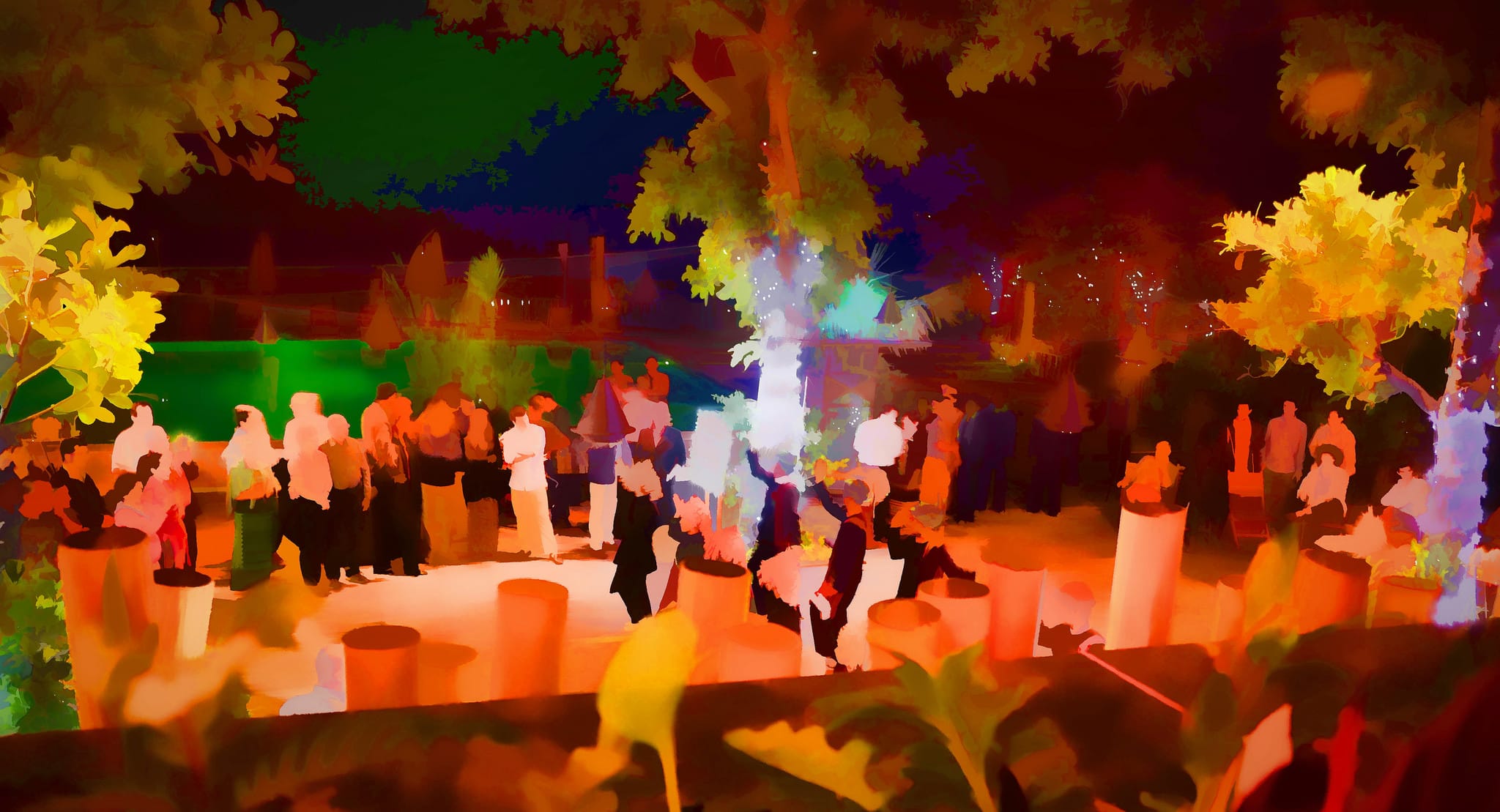The Buddha emphasized the importance of spiritual friendship. is said that Ananda, one of his principal disciples, asked, “Is it true, Lord, that noble friends are half of the holy life?” The Buddha is said to have responded, “No, Ananda. It’s not true. Noble friends are the whole of the holy life.”
Carol and I have been sending each other daily gratitude emails for several years. The general form is, “Today what I am grateful for is…” They aren’t letters. Sometimes one of us responds to a specific item in the other’s email. “I’m grateful for your colleagues who support your being with your family during this difficult time,” or, “I’m gladdened to know that you returned from that long trip safely and feeling good.” For the most part, though, we each use the daily communication as an attempt to continually frame our experience in a way that preserves (or establishes) mindful acceptance of it. I might, for example, write: “Everything went wrong today. There was terrible traffic and then…” You get the idea.
Often a complaint narrative works itself out in the telling and some redemptive aspect of it becomes apparent. Sometimes that doesn’t happen. Then the email might end, “So, you can hear that I am completely annoyed and irritable and that I haven’t fixed that up yet so I am grateful that it is you that I am writing to and that I can depend on you to hear me fraying at the seams and love me anyway.” The final gratitude is often real enough to undo the mind’s grasp of the “I’m so mad!” story. It disappears—“Poof!”—just like that, and I end up laughing. Carol and I are teaching each other about love and emptiness.
Jashoda lives in Mexico and we keep our connection going by reading books we’ve chosen together and talking by phone once a month about what we’ve learned. Often, but not always, the books are explicitly dharma books. This month we are reading Yongey Mingyur Rinpoche’s The Joy of Living(new to both of us) and Herman Hesse’s The Glass Bead Game, which we both read long ago and think we recall it as being something wonderful. I find that having “homework,” a task I need to complete by a certain date, energizes me. I like the feeling of being a disciplined person in relationship. I’m traveling all this month, and seeing the books as I pack and unpack at each new place keeps Jashoda and our pact of mutual support in my mind. Without my “study buddy,” I might not the time to read these books or to process them in the same way.
For me it’s a real blessing to know that I have friends who are interested in my inner life and are willing to listen as I explore it, and I love offering them the same attention. The forms my friends and I have chosen, exchanging emails and reading books, work for us. But the forms can be varied. I can imagine friends committing to communicate regularly about their meditation experience or about their progress in cultivating patience, or generosity, or truthfulness, or indeed, any of the virtues that are fundamental to Buddhist practice. The hallmark of any spiritual friendship is the shared commitment to partnering on behalf of awakening. That’s what matters most.

